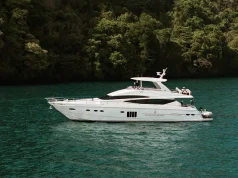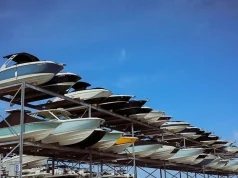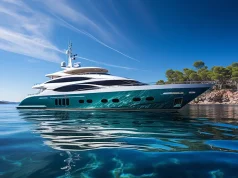Whether you’re on a cruise ship or sailing your own vessel, ocean travel can be a rewarding and exciting experience. However, it’s important to be aware of the dangers that come with traveling on open water. This article will take a look at some of the risks involved in ocean travel and provide some tips for staying safe while out at sea.
Weather Conditions
Unexpected weather conditions are your worst enemy when you’re in the middle of the ocean. That’s why tons of people decide on transporting a yacht across the Atlantic professionally without them being near it. Instead, you can take a plane, get to your destination on time, and have peace of mind that your boat is coming after you in perfect condition.
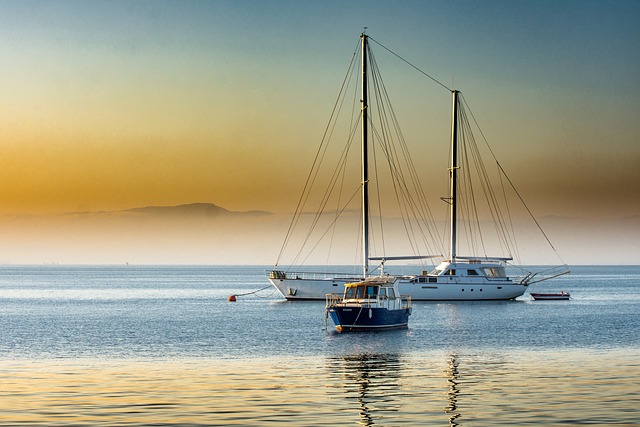
Storms at sea are a weather phenomenon that can pose a serious threat to vessels of all sizes. They can develop quickly and without warning, making them extremely dangerous.
High winds, waves, and rain are the main components of storms at sea. These conditions can make it difficult or impossible for ships to navigate safely. In addition, stormy weather can cause damage to the ship itself.
Motion Sickness
Lots of people, especially first-time travelers, experience motion sickness while on a ship. The motion of the waves can cause an uneasy feeling in your stomach and sometimes even make you vomit. While motion sickness is not usually dangerous, it can certainly ruin your trip if you’re not prepared for it.
There are a few things you can do to prevent motion sickness, such as taking medication or wearing special wristbands that help to control nausea. If you do start to feel sick, it’s important to stay hydrated and get some fresh air as soon as possible.
Motion sickness usually goes away once the ship stops moving. To handle it better, you should try to stay calm and relax as much as possible. It might also help to avoid reading or looking at screens for a while. If you start to feel better, slowly reintroduce activities until your motion sickness is gone completely.
Equipment Failure
The restless waters can cause a lot of equipment to fail on a boat. These are the following pieces:
- The engine
- The anchor
- The mast
- The sails
- The rudder
- The hull
If any of these equipment pieces fail, it can cause the boat to lose power, drift, or even sink. That is why it is important to have a plan B and to know how to fix the equipment before embarking on your journey.
Getting Lost
Navigation is one of the most important skills for any open-ocean traveler. Without a proper navigational plan, it is very easy to become lost at sea. Even with today’s technology, getting lost is still one of the most common reasons why people die while traveling the open ocean.
There are many things that can cause a person to become disoriented and lost while at sea. One of the most common is bad weather. High winds and waves can make it difficult to stay on course, and strong currents can quickly pull a person off course. Another common cause of getting lost is simply running out of supplies. This can happen if a person underestimates how long their journey will take or if they run into unexpected delays.
Fire Hazards
Fire safety is one of the first things you need to learn about before setting sail. There are various fire hazards onboard a ship, and it is important to be aware of them. The most common fire hazard on a vessel is an electrical fire. Other fire hazards include cooking fires, cigarettes, and candles.
To prevent these fires from happening, it is important to have working smoke detectors and fire extinguishers onboard. It is also important that everyone knows how to use them properly.
In the event of a fire, the best thing to do is to stay calm and follow the procedures that have been put in place. Do not try to fight the fire yourself unless you are absolutely sure that you can do so safely.
Lack Of Experience
If you’ve only sailed short distances, lack of experience is a serious danger when sailing the open ocean. The weather can change quickly, and if you’re not prepared, you could find yourself in trouble very quickly. Even if you have some experience, it’s important to be aware of the dangers and know how to handle them.
Sailing the open ocean is an amazing experience, but it’s not something to take lightly. If you’re not sure what you’re doing, it’s best to stay close to shore or hire a captain who knows the waters well. With a little planning and preparation, you can ensure a safe and enjoyable trip.
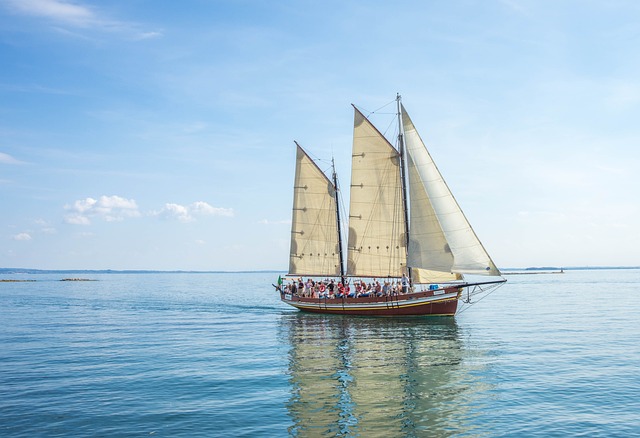
For your own safety and enjoyment on vacation, it’s always smarter to take the short route to your destination and have your yacht delivered to you. The open ocean has a lot of challenges, including weather and motion sickness. The equipment can fail and you can get lost. Fire hazards are another common issue. Finally, if you don’t have too much sailing experience, don’t put yourself through this!


